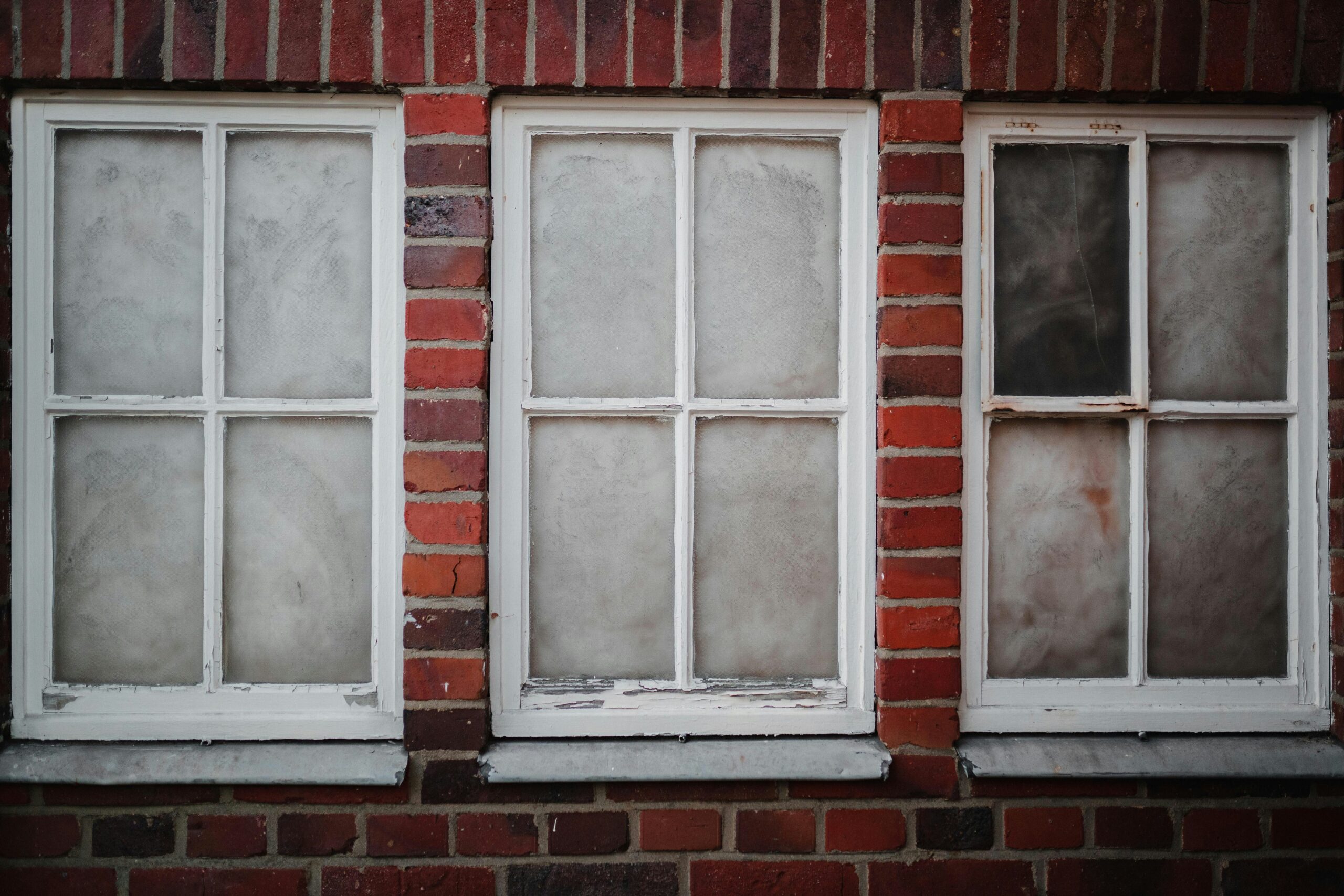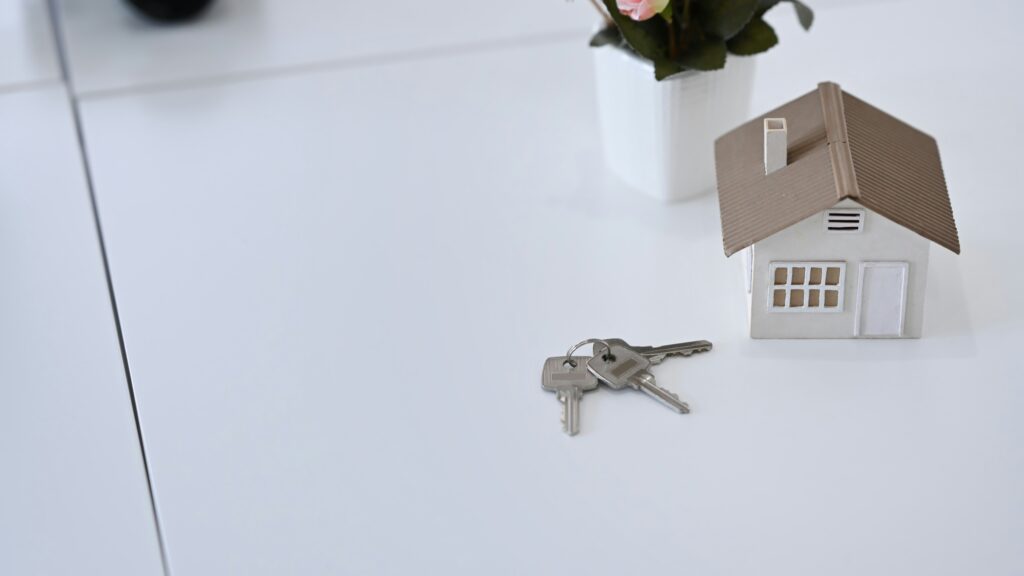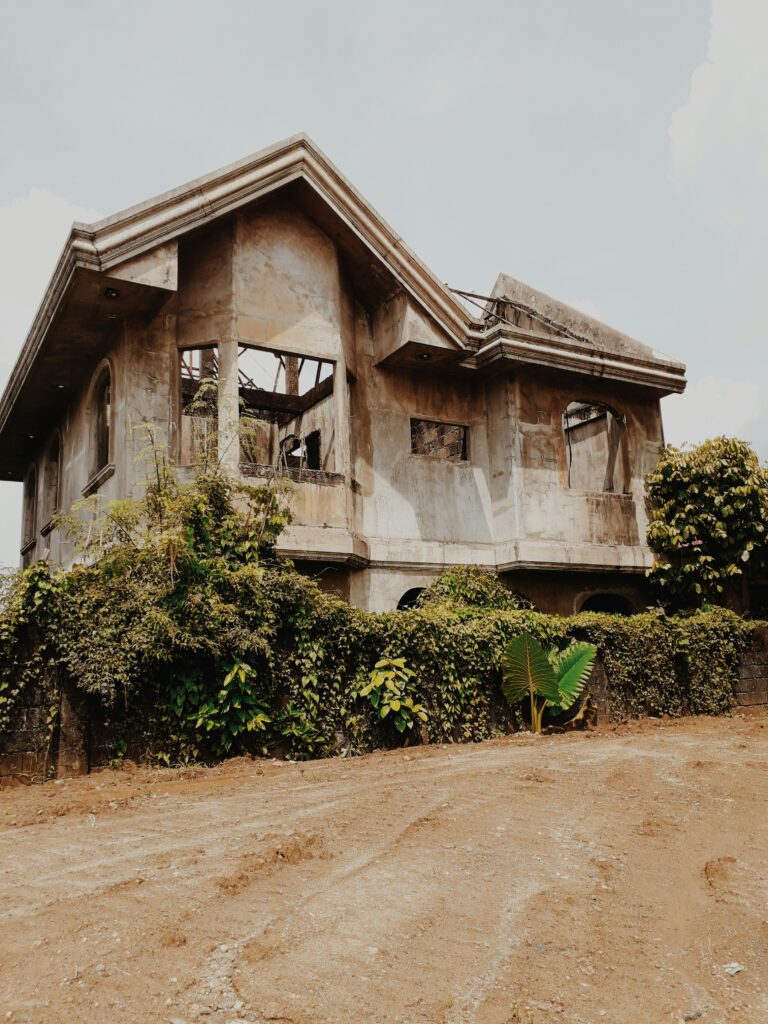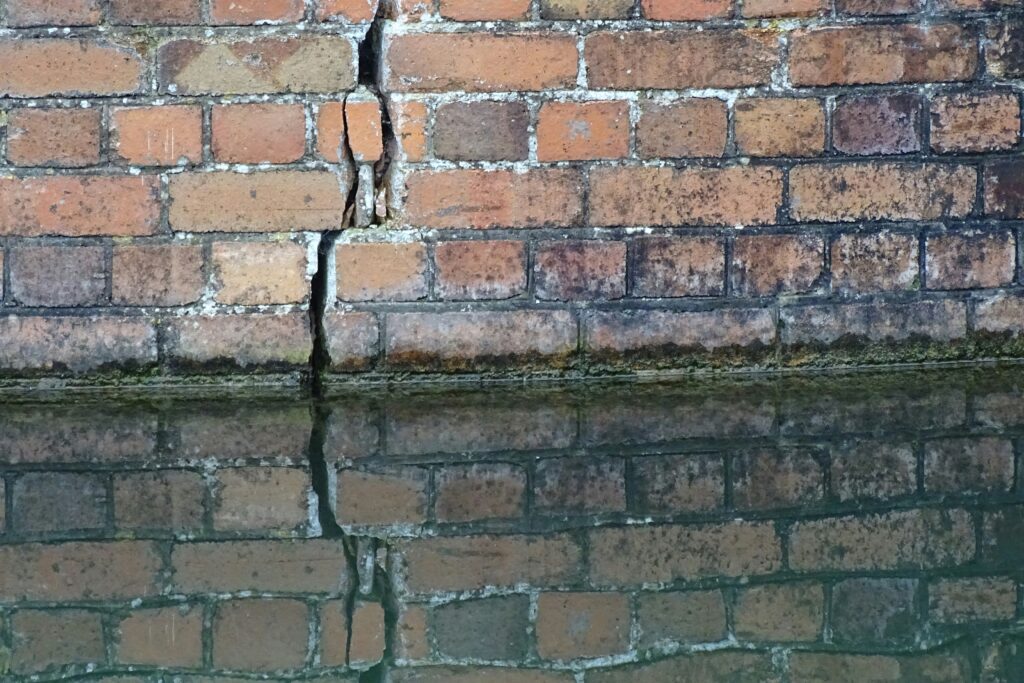
How Do Squatters’ Rights Affect a House Sale?
When it comes to selling a home, most people expect a simple process: get a valuation, list the property, attract buyers, and close. However, if your property has been occupied by squatters, the entire process can become significantly more complicated.
Squatting is a legal and logistical nightmare for homeowners, and if not handled correctly, it can delay or even derail your property sale. In this blog, we’ll look at what squatters’ rights are in England, how they affect your ability to sell, and what options are available to help you sell quickly – even with squatters involved.
What are squatters’ rights?
Squatters are people who enter and occupy property without the owner’s permission. While squatting in residential buildings is prohibited by Section 144 of the Legal Aid, Sentencing, and Punishment of Offenders Act 2012, squatters can legally occupy vacant commercial or abandoned buildings, at least temporarily.
More concerning for homeowners is the legal concept of adverse possession, which allows squatters to gain ownership of a property if they meet certain conditions. Under UK law, if a squatter has lived in a property for 10 years (12 years if the land is unregistered) and behaves as if they own it – without objection from the actual owner – they can apply to be recognised as the legal owner through the Land Registry.
However, these cases are rare and typically take many years to establish. Even before that point, squatters can have a significant impact on your ability to sell.
Can you sell a house with squatters?
Yes, you can sell a property with squatters, but the process is far from straightforward. Most buyers will understandably be concerned about purchasing a property with unauthorised occupants. From the perspective of a buyer, a house with squatters poses a number of risks:
- Legal disputes and eviction costs
- Delays in gaining vacant possession
- Additional repair or refurbishment costs if the property is damaged
How squatters affect the property sale process
Here are several important ways in which squatters can directly affect the sale of a house:
1. Reduced marketability
A property with squatters is likely to generate less interest. Even experienced property investors may be hesitant due to the legal fees and time required to reclaim possession. This significantly reduces the number of potential buyers.
2. Decreased property value
Buyers will most likely consider the cost of legal proceedings, potential refurbishment, and delays when submitting an offer. As a result, the property’s market value may decrease significantly.
3. Delays in conveyancing
If squatters are present, most solicitors will advise buyers to postpone completion until vacant possession has been confirmed. This can lead to lost deals or lengthy sales processes.
4. Disclosure obligations
Sellers are legally required to disclose the presence of squatters. Failure to do so may result in legal action from the buyer down the line. Being open about the problem is important, but it makes the property less appealing.
What are your legal rights as a homeowner?
If squatters are occupying your property, you can take legal action to remove them. Here’s what you can do:
Call the police
If squatters have entered a residential building, you can contact the police. Section 144 makes squatting in residential buildings a criminal offence. However, if they claim to have been granted permission or present a tenancy agreement (even if it is fraudulent), the police may not intervene.
Apply for an Interim Possession Order (IPO)
If you discover the squatters within 28 days, you may file for an IPO. This requires the squatters to vacate within 24 hours of the notice being served. Failure to do so results in a criminal offence.
Court proceedings
If an IPO is not feasible, you will have to go through civil court proceedings for possession. This can take weeks or months, depending on court availability and squatter resistance.
Selling options if you have squatters
Selling a home with squatters is not impossible. Here are your main choices:
1. Evict and then sell on the open market
This is the most profitable option because it allows you to sell at the full market price. However, the legal system can be slow and expensive.
2. Sell at auction
Selling a property at auction can attract investors looking for low-cost properties. Be aware that the final price may be significantly lower than the market value, particularly if the squatters remain.
3. Sell to a cash house buyer
Companies that specialise in quick house sales may purchase properties from squatters. They handle the legal process and usually complete the sale within a few weeks. This often means a slightly lower sale price, but for many, the speed and simplicity outweigh it.
Preventing squatters in the future
If you own a second property, vacation home, or vacant house, take these steps to prevent squatting:
- Secure all entry points, including windows and doors, with locks and reinforcements
- Install security systems: Alarms and CCTV can be effective deterrents
- Regular inspections – Check the property on a regular basis for signs of occupation
- Inform your neighbours and ask them to notify you if they notice any unusual activity
Real-life examples
Recent media coverage shows how dramatically squatters can affect homeowners:
1. Homeowner’s four-year ordeal with squatters
In Uxbridge, Roukia Kamugisha battled squatters in her home for four years after they exploited COVID eviction bans. She faced £105,000 in rent arrears and major property damage before finally regaining control through the courts.
2. Identity theft leads to unlawful sale and squatting
In Luton, Reverend Mike Hall’s identity was stolen, and his house was sold without his consent. After reclaiming ownership, he found squatters living there under a fake rental. A court ordered their removal, but the ordeal left lasting financial and legal troubles.
These stories highlight the emotional and financial toll that squatting can have on homeowners, emphasising the importance of acting quickly.
Why do squatters have rights?
Squatters’ rights exist to prevent property from being left empty and unused. If someone occupies land or property without permission for ten years (12 years for unregistered land) and the legal owner fails to act, they can apply to become the legal owner.
Can a tenant claim squatters’ rights?
No, a tenant is someone who has obtained the owner’s permission to live in the property through a tenancy agreement. Even if the agreement expires and the tenant remains, they are not considered squatters and cannot seek adverse possession.
How can I remove squatters from my property?
If you find squatters in a residential property, you can report them to the police because it is a criminal offence under Section 144 of the Legal Aid, Sentencing, and Punishment of Offenders Act 2012. If the police do not act, or if it is a commercial property, you must apply for an Interim Possession Order (IPO) within 28 days of discovering them or file a standard possession claim in court. Once granted, enforcement agents may legally remove the squatters.
Conclusion
Squatters’ rights can be a major issue when selling a home. While property owners have legal protections, the presence of squatters can cause a delay in the sale, lower the asking price, and introduce a slew of complications.
However, you do have options. You can still sell your home with squatters, whether through legal eviction followed by a traditional sale, auction, or working with a cash buyer willing to take on the issue.
Sell House Fast guides homeowners through complex property issues with speed, transparency, and care. If squatters are already on your property and you want to sell your house fast without going through the lengthy eviction process, we can assist. Simply fill out our form to get your free cash offer today.


